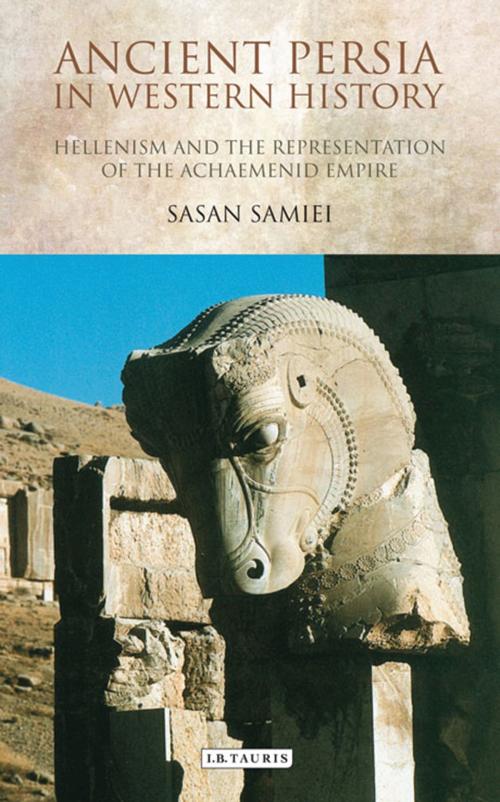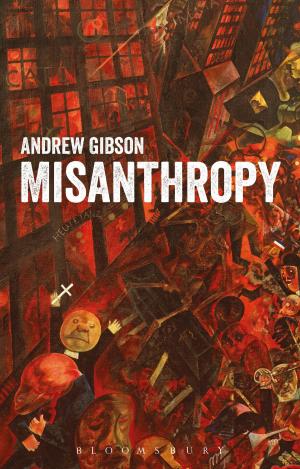Ancient Persia in Western History
Hellenism and the Representation of the Achaemenid Empire
Nonfiction, History, Asian, Asia, Religion & Spirituality, Philosophy| Author: | Sasan Samiei | ISBN: | 9780857736062 |
| Publisher: | Bloomsbury Publishing | Publication: | July 24, 2014 |
| Imprint: | I.B. Tauris | Language: | English |
| Author: | Sasan Samiei |
| ISBN: | 9780857736062 |
| Publisher: | Bloomsbury Publishing |
| Publication: | July 24, 2014 |
| Imprint: | I.B. Tauris |
| Language: | English |
The Achaemenid Empire, founded by Cyrus the Great in the 6th century, was at its height the largest empire the world had yet seen, stretching across Asia, the Middle East and North Africa. Because this first Persian Empire fought a series of wars against the Ancient Greek city-states, it has often been cast in opposition to the Hellenistic cultures of the period. Ancient Persia in Western History is a measured rejoinder to the dominant narrative that considers the Graeco-Persian Wars to be merely the first round of an oft-repeated battle between the despotic 'East' and the broadly enlightened 'West'. Sasan Samiei analyses the historiography which has skewed our understanding of this crucial era - contrasting the work of Edward Gibbon and Goethe, which venerated Classicism and Hellenistic history, with later writers such as John Linton Myres. Finally, Samiei explores the cross-cultural encounters which constituted the Achaemenid period itself, and repositions it as essential to the history of Europe, Asia and the Middle East.
The Achaemenid Empire, founded by Cyrus the Great in the 6th century, was at its height the largest empire the world had yet seen, stretching across Asia, the Middle East and North Africa. Because this first Persian Empire fought a series of wars against the Ancient Greek city-states, it has often been cast in opposition to the Hellenistic cultures of the period. Ancient Persia in Western History is a measured rejoinder to the dominant narrative that considers the Graeco-Persian Wars to be merely the first round of an oft-repeated battle between the despotic 'East' and the broadly enlightened 'West'. Sasan Samiei analyses the historiography which has skewed our understanding of this crucial era - contrasting the work of Edward Gibbon and Goethe, which venerated Classicism and Hellenistic history, with later writers such as John Linton Myres. Finally, Samiei explores the cross-cultural encounters which constituted the Achaemenid period itself, and repositions it as essential to the history of Europe, Asia and the Middle East.















